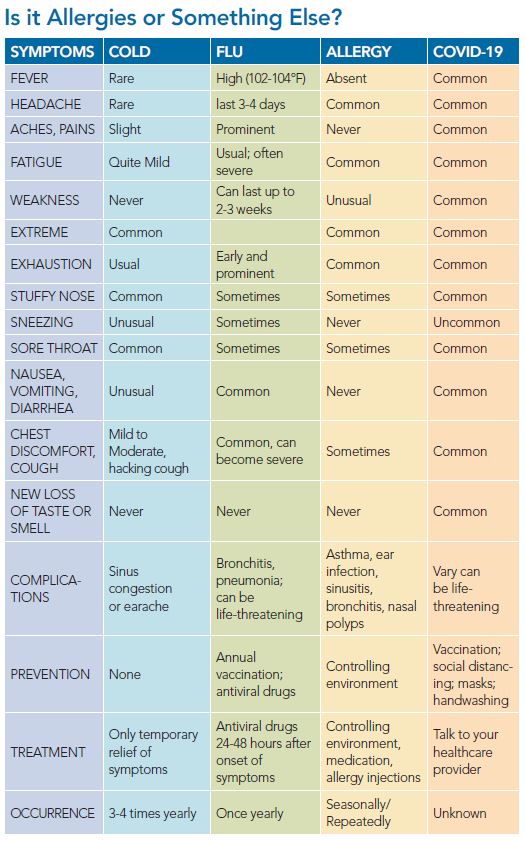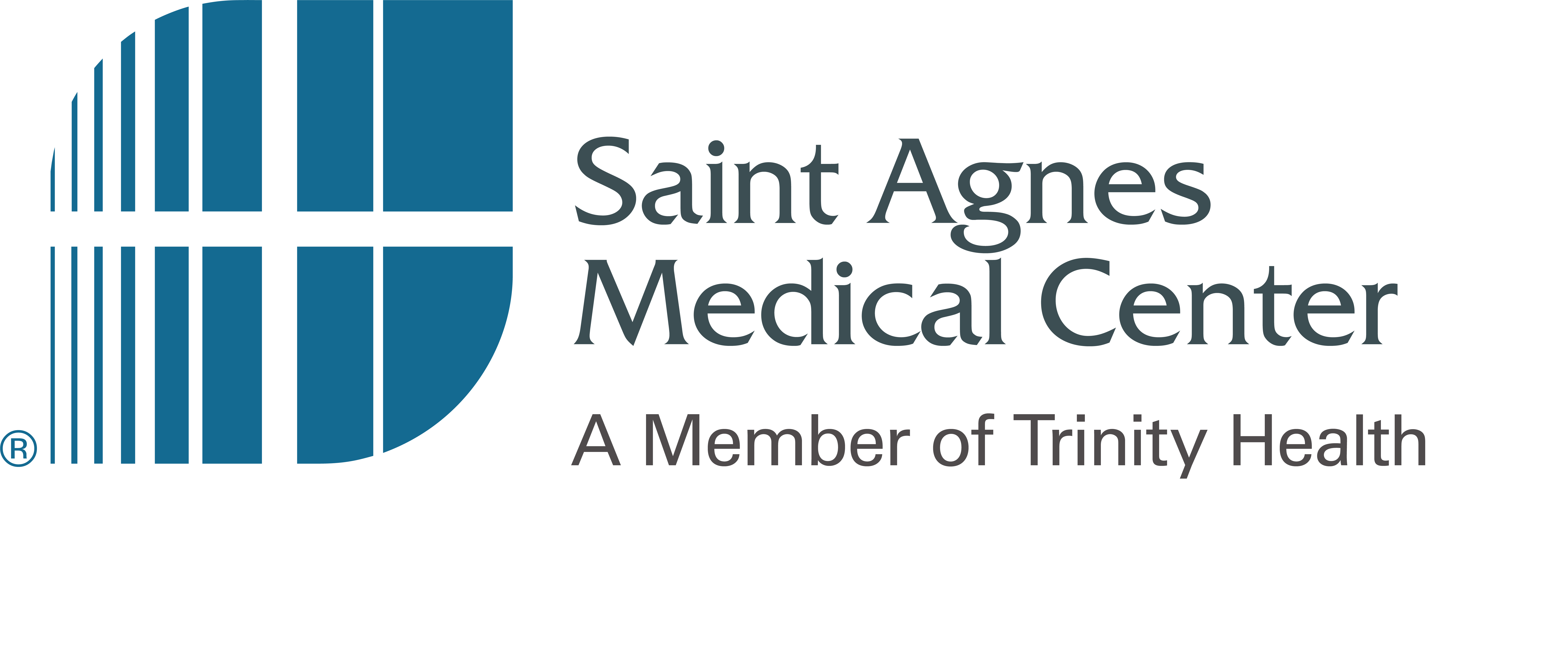Is it allergies, a cold, or something else?
March 15, 2023 Runny nose. Constant sneezing. Itchy, watery eyes. If this describes you during allergy season, you’re not alone. Millions of people suffer from allergies and if you’re one of them, you know how miserable spring flowers and fall leaves can make you feel.
Runny nose. Constant sneezing. Itchy, watery eyes. If this describes you during allergy season, you’re not alone. Millions of people suffer from allergies and if you’re one of them, you know how miserable spring flowers and fall leaves can make you feel.
But before you decide to hibernate during allergy season, try some of the strategies below to keep your seasonal allergies at bay. It’s also important to talk with your healthcare provider to determine what is causing your symptoms to rule out something more serious, and to get advice on what treatments may be effective for you.
IMPORTANT: COVID-19 Symptoms
The main warning signs of COVID-19 are fever, shortness of breath, and a dry cough. However, some people experience cold-like symptoms like a runny nose. During allergy season, it may be hard to know the difference between COVID-19 and allergies. If in doubt, always check with your healthcare provider or get tested.
Reduce Your Triggers
One of the best ways to reduce your allergy symptoms is to reduce exposure to your triggers. Consider:
- Delegating outdoor chores to a family member or friend.
- Wearing a mask to reduce pollen intake when outdoors.
- Staying inside during windy days.
- Changing your clothes after returning indoors and showering to rinse off the pollen.
- Keeping informed about the pollen count and staying inside when it’s high and windows closed.
Minimize Allergens in Your Environment
No product will eliminate all allergens but try these things to help reduce them in your home.
- Use high-efficiency filters if you have air conditioning/air heating in your home.
- Get a portable high-efficiency particulate air (HEPA) filter for use in your bedroom.
- Keep indoor air dry with a dehumidifier.
- Clean floors often with a HEPA filter vacuum.
Over-the-Counter Medications
A variety of nonprescription medications may help ease your allergy symptoms, including:
- Decongestants. Oral decongestants can provide timely temporary relief from nasal congestion. Decongestant nasal sprays for short-term use can provide relief but use of these decongestant nasal sprays over time can actually make your symptoms worse.
- Oral Antihistamines. These medications are designed to relieve sneezing, itching, watery eyes and a runny nose.
When to see a Doctor
If avoiding allergens and taking over-the-counter medications doesn’t relieve your symptoms, make an appointment with your healthcare provider to see what other treatments are available.
Your doctor may conduct tests to determine which allergens are causing your symptoms so you can know which triggers to specifically avoid. Allergy shots, regular injections of very small amounts of known allergens, can also be effective for some people. These shots can reduce your immune system’s reaction to those allergens and reduce your symptoms over time.
Don't have a primary care provider? Schedule with our Saint Agnes Care providers. With several locations across Fresno and Clovis – plus the option to schedule new patient appointments and follow-up care online – we’re making health care more accessible and convenient.
